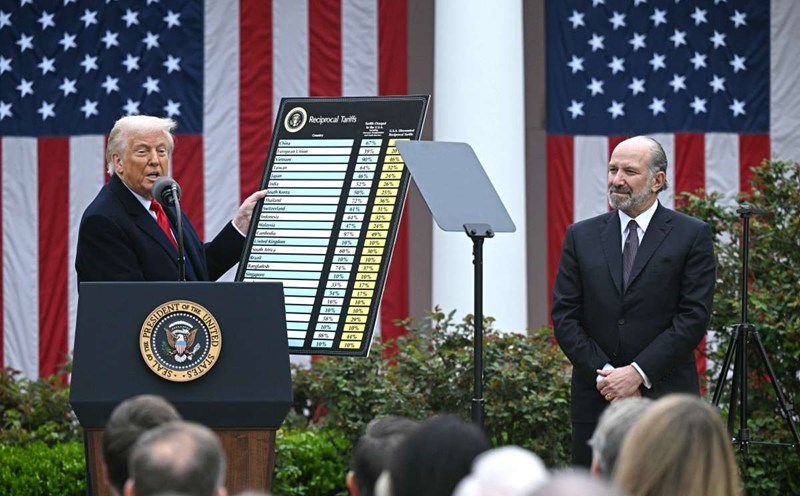Recurrence after 1 year
While much of the world rejoices at the transition from 2024 to 2025, Wayne Rooney is among those who are in the opposite mood. He - or rather "he" as managers are called - has officially left EFL Championship club Plymouth Argyle. Rooney left with the club losing confidence and fighting relegation to League One.
The news is not a huge surprise. Perhaps the timing is a little harsh, coming just after Christmas and with the January transfer window potentially improving the team’s fortunes. But Rooney cannot argue with the poor results. The former England striker will find something very familiar as he enters the new year, because on 2 January 2024, he also left Birmingham City through the back door. A sad similarity.
No one was surprised. In an unpredictable season for English football, it was easy to predict that Rooney would not last long at Home Park. When he was appointed in the summer of 2024, most would probably agree that “Rooney was only appointed because of his name… he will not last the season”. Why was it so obvious that Rooney would fail? Because his managerial career has been one of repeated failure.
The former England striker's time as manager began with a run of good results at Derby County in early 2021, lifting them from 24th in the Championship to 18th. But they then won just one of their 15 games and narrowly avoided relegation, finishing one point above Wycombe Wanderers.
What followed? Rooney's relegation with Derby in 2022, although they would have finished 17th had it not been for the points deduction; a 12th-place finish in the 15-team MLS Eastern Conference with DC United in 2023; a disaster with Birmingham last season that dragged them from sixth to 20th in 15 games; and now leaving Plymouth bottom of the Championship having conceded more goals (51) than any other team in England's top four divisions.
Evidence of incompetence
The job of manager is not easy, but Rooney's statistics make him question his ability. In fact, in his last three jobs, Rooney has won just 21 of 93 games, a win rate of just 22.5%. If 'Shrek''s' playing career had included stints at Barnsley and Gillingham rather than Manchester United and England, Rooney would probably not have landed another EFL job.
But in football (and most other sports), with all the data and expertise, with all the pressure and money at stake, owners and chairmen will still appoint a manager or coach based on how well they played the game in previous years. So Rooney could have more work to do. The 39-year-old said a few months ago that the Championship was not the lowest level of environment he would work in to try to further his managerial career. "That's the small matter," he told The Overlap. "I like being involved in football. I like being around the staff and trying to improve. That's something I have in me.
The most important thing is to cut out what I did as a player and you almost start again as a manager. I was at the bottom and I wanted to move up. Whether it was League Two, League One, the Championship, it's all about experience."
Rooney deserves credit for going to some less glamorous clubs since becoming a manager. Like Frank Lampard at Coventry City and Paul Scholes did briefly at Oldham Athletic, Rooney has been prepared to go to levels he never reached as a player. But were those club choices bad decisions? Or is Rooney simply not a good football manager?
There is mounting evidence to suggest the latter. That despite taking on jobs at a higher level than the average rookie manager would expect, despite being given the security and trust of a big contract at Birmingham (three and a half years), and despite luring senior assistants to help (Ashley Cole, John O'Shea and Mike Phelan, plus benefiting from having Liam Rosenior at Derby), results have been poor.
There is no indication in his previous jobs that Rooney has been unpopular with the players. Many of them revere him from his playing days, but his tactical acumen and game management abilities have been questioned and he was said to be intrusive in training at Birmingham, even with the attacking players. Unfortunately, he has given the impression of a man who is not suited to management.
Blame, continue or give up?
Gary Neville called Rooney "the most positive person" he had ever met in football, and Rooney has spoken of his unwavering belief that he will one day be a "top manager". So you can understand why Rooney has continued, but can he give up when the evidence is mounting that he may not be good enough? He probably should, but he probably won't. In the eyes of football fans, though, Rooney is not good enough.
"Rooney should retire and give back his coaching license"; "That was Rooney's last job in football; whoever appointed him should be sacked"; "If I were him, I would quit coaching"; "If he gets a coaching job again, serious questions need to be asked"... were some of the comments on social media sites after Rooney was sacked. Meanwhile, there were also people who turned around to criticize and mock Plymouth club for not listening to warnings before appointing Rooney.
Rooney, almost unbelievably, is still only 39. He has also tried his hand at punditing but, again, he is not the most expressive or natural on screen, although he clearly has a wealth of insight to share. He just lacks delivery, which could be improved.
Whether his experiences at Birmingham and Plymouth will put Rooney out of business remains to be seen, but where will he go next? Back to MLS? League One? Saudi Arabia? If he really wants to move on, he needs to make the right decisions backed by sound advice, something he has seemed to lack at various points throughout his football career.
Rooney is one of many players of his generation who have achieved great things but struggled in management. Neville (twice), Scholes, Lampard, Steven Gerrard... have in common with Rooney that they reached the pinnacle of the sport as a player but could not repeat that as a coach.
Have they really put in the effort to become the best manager they can be? Have they studied the greats? Have they shaped and developed the type of manager and tactician they are? Have they built a great team of coaches around them?








